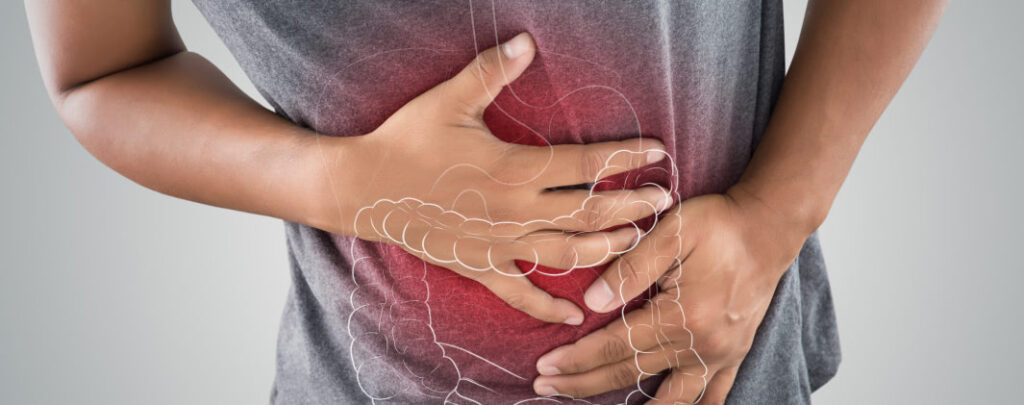
Gastroenterologists are specialists, who are trained to perform several procedures to diagnose and treat disorders of the digestive system.
If you have unexplained or frequent digestive issues, such as abdominal pain or changes in your bowel habits, you’ve probably been told to see a gastroenterologist, also known as a GI doctor.
However, if you’ve never seen a gastroenterologist, you may be unsure whether your digestive symptoms are serious enough to warrant an appointment.
Here are seven reasons why you should consult the best gastroenterologist:
1. Ongoing diarrhea
From food to infection to certain medications, many things can bring on a bout of diarrhea. However, if your stool is regularly more liquid than solid, it’s time to check in with a GI doctor.
Chronic diarrhea can indicate a few different digestive disorders, including IBS, IBD, or small bacterial overgrowth (SIBO). IBS is the most common cause of chronic diarrhea. Fortunately, there are many treatment avenues your doctor can use to help manage your symptoms.
2. Constipation
The frequency of bowel movements varies from person to person, but less than three bowel movements per week are considered constipation. If your bowel movements are very small, hard, or difficult to pass, you may be constipated.
Consult a gastroenterologist if you are constipated most of the time.
Constipation can have a variety of causes, and it can be difficult to manage on your own at home. A GI specialist can help you determine the likely cause of your constipation and recommend lifestyle changes and medications to help you have more regular bowel movements.
3. Frequent or severe heartburn
Heartburn shouldn’t be a cause for concern now and then, and the good news is that it can usually be treated at home.
However, if you experience heartburn symptoms more than a couple of times per week, it could be a sign of GERD, a condition that can damage and scar the lining of the esophagus over time.
Chronic acid reflux does not go away on its own, so it is critical to see a specialist. If left untreated, GERD can permanently damage the esophagus. This damage can cause swallowing difficulties, painful ulcers, and even an increase in the risk of developing esophageal cancer.
4. Feeling unusually bloated
Bloating, which can feel like your stomach is full or tight, is frequently caused by problems that result in excess gas production, hypersensitivity to gas, or gas becoming trapped in your colon.
Constipation can cause bloating because the longer waste remains in your colon, the more likely it is to be fermented by resident bacteria, resulting in gas production. Bloating, on the other hand, can be a symptom of IBS, a food sensitivity such as lactose intolerance, SIBO (small intestinal bacterial overgrowth), or gastroparesis (partial stomach paralysis).
A gastroenterologist can help you determine what’s causing your bloating and the best treatment.
5. Sudden or severe abdominal pain
We’ve all had stomachaches, but severe abdominal pain that lasts for hours or comes on suddenly and intensely isn’t normal.
A stomach ulcer, also known as a peptic ulcer, is a sore on the lining of your stomach or the first part of your small intestine that can cause burning abdominal pain, especially after eating. Untreated ulcers can cause swelling and scarring in your digestive tract, clogging it.
Consistently severe abdominal pain may indicate gallstones, pancreatitis, or liver disease. A gastroenterologist can assist you in determining the source of your discomfort.
6. Rectal bleeding or blood in your stool
If you see blood on your toilet paper or when you flush the toilet, it could be hemorrhoids, a fairly common problem that can usually be treated at home or with over-the-counter medications.
However, if your hemorrhoids aren’t responding to these treatments or if they’re recurring, a gastroenterologist can recommend more advanced treatments that can help you get relief.
Furthermore, don’t automatically assume that blood in the toilet indicates hemorrhoids.
If you notice blood in your stool or have rectal bleeding that is accompanied by changes in your bowel habits or the color or consistency of your stool, you should see a gastroenterologist right away. Rectal bleeding isn’t always a big deal, but it can indicate a serious medical condition like colorectal cancer.

